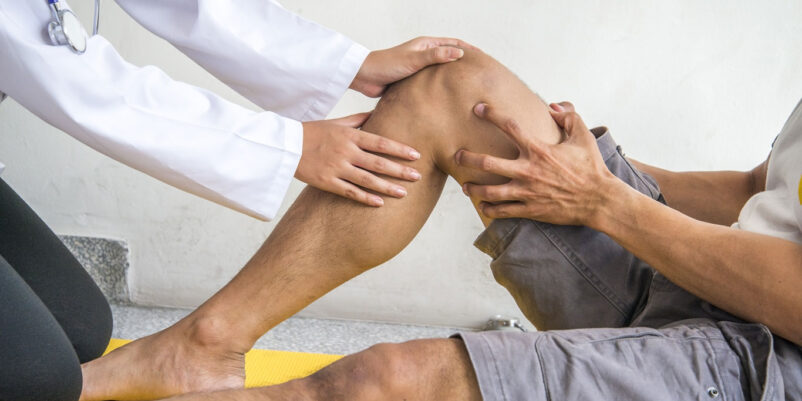Joint replacement surgery can be a life-changing procedure for individuals suffering from chronic joint pain and limited mobility. Whether you’re getting a hip, knee, or shoulder replacement, understanding what to expect during the recovery process is essential for a successful outcome. In this blog post, we’ll provide you with a comprehensive guide to recovery after joint replacement surgery, ensuring you’re well-prepared for the journey ahead.
The Immediate Post-Surgery Phase:
- Hospital Stay: After the joint replacement surgery, you’ll typically spend a few days in the hospital for close monitoring. The medical team will ensure your pain is managed, and they’ll encourage you to start moving the new joint gradually.
- Physical Therapy: Rehabilitation begins in the hospital. Physical therapists will guide you through exercises to improve joint mobility and strength. These exercises will be tailored to your specific surgery and condition.
- Pain Management: Managing pain is a crucial aspect of the early recovery phase. Medications will be prescribed to help alleviate post-operative pain, allowing you to participate in physical therapy and move more comfortably.
Weeks 1-6: Early Home Recovery
- Assistive Devices: You may need mobility aids like crutches, a walker, or a cane to move safely. These devices will be gradually phased out as your strength and balance improve.
- Home Modifications: Make necessary adjustments at home for your comfort and safety. Remove tripping hazards, install handrails, and consider a raised toilet seat and shower chair.
- Follow-up Appointments: Attend scheduled follow-up appointments with your surgeon. They will monitor your progress and make any necessary adjustments to your treatment plan.
Months 2-6: Mid-Term Recovery
- Continued Physical Therapy: Continue your physical therapy exercises at home and attend outpatient therapy sessions as recommended. This phase is essential for building strength and joint stability.
- Returning to Normal Activities: You’ll gradually be able to resume light activities like driving but avoid strenuous activities or heavy lifting until cleared by your surgeon.
- Pain Management: By this point, you’ll likely rely less on pain medication, but it’s essential to communicate any pain or discomfort to your healthcare team.
Months 6 and Beyond: Long-Term Recovery
- Exercise and Lifestyle Changes: Maintain a regular exercise routine that includes low-impact activities like swimming, cycling, or walking. Weight management and a healthy diet can also contribute to long-term joint health.
- Joint Precautions: While the new joint is durable, it’s important to be mindful of certain movements that could place excess stress on it. Your surgeon will provide specific guidelines to follow.
- Life with Your New Joint: After the initial recovery phase, many people experience a significant reduction in pain and a significant improvement in their quality of life. Enjoy your newfound mobility and freedom.
Conclusion:
In the journey of recovery after joint replacement surgery, remember that patience, dedication, and the guidance of a skilled healthcare team are your greatest allies. Your partnership with your healthcare providers, including those at Lifepoint Hospital, will be instrumental in ensuring a successful outcome.
Lifepoint Hospital is committed to providing exceptional care and support throughout your joint replacement journey. Their team of experienced surgeons, nurses, and therapists is dedicated to your well-being and will work with you every step of the way.
As you progress through the immediate post-surgery phase, early home recovery, mid-term recovery, and into the long-term recovery phase, keep in mind that your experience is unique. Listen to your body, adhere to your prescribed exercises, and follow the guidance provided by your medical team at Lifepoint Hospital.
Ultimately, the goal of joint replacement surgery is to grant you a new lease on life, free from the chronic pain and limitations that once held you back. With your commitment to the process and the support of Lifepoint Hospital, you can look forward to a future filled with improved mobility, reduced discomfort, and a renewed sense of vitality. Embrace this opportunity for a healthier, happier you.

